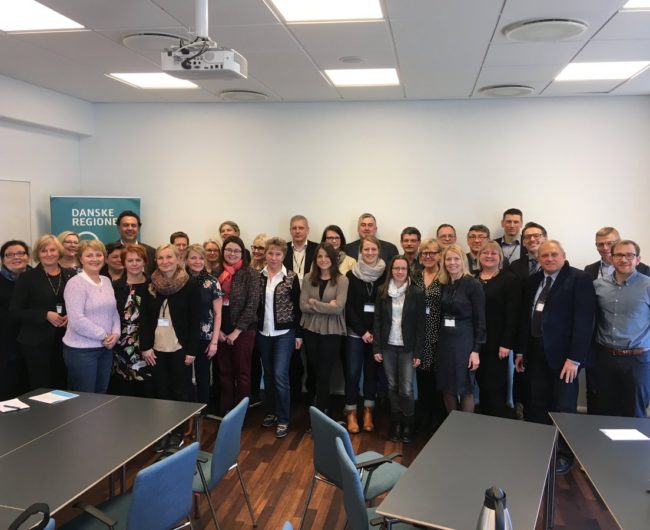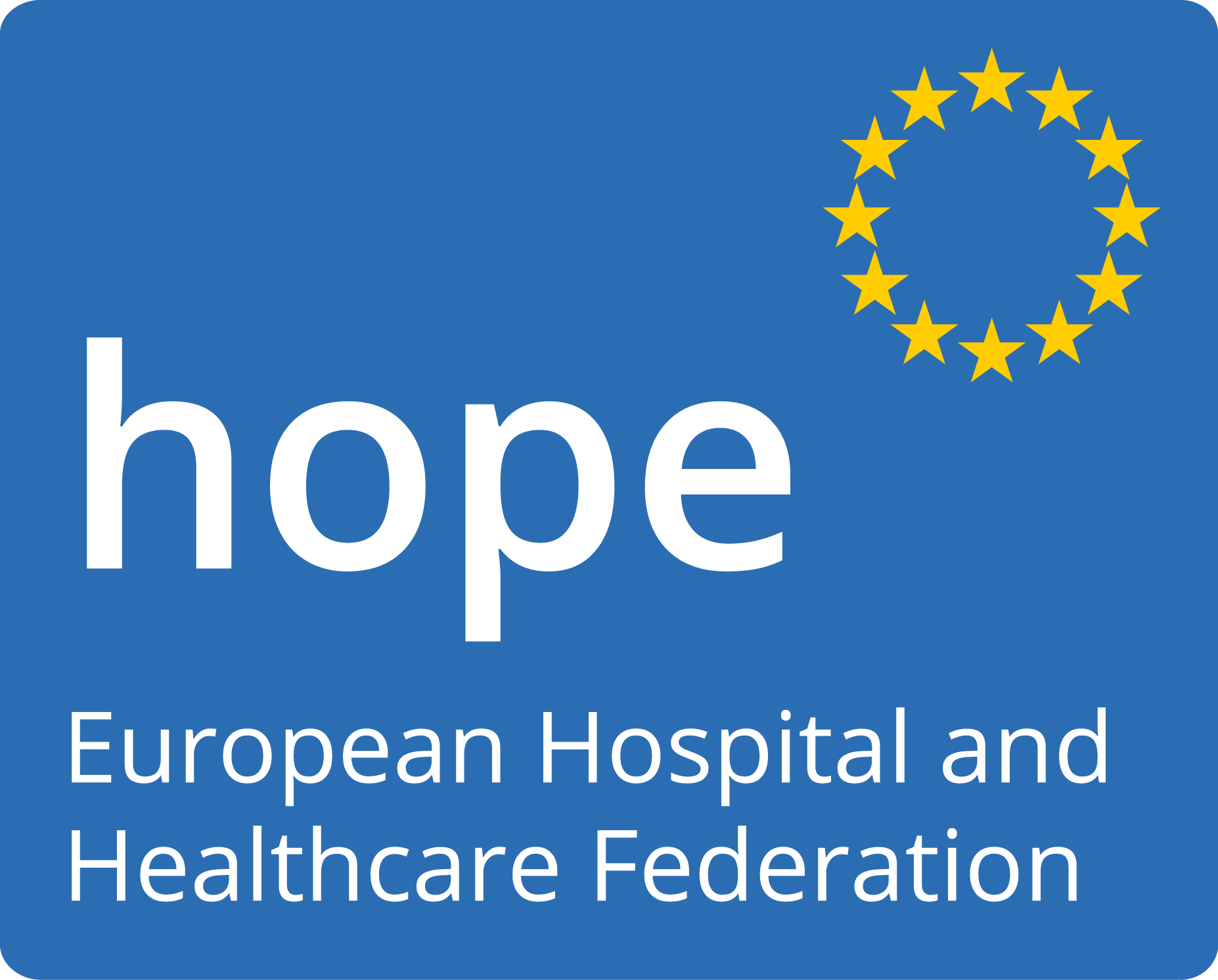The Danish Way in Quality and Health Care – For senior healthcare professionals, managers and policy makers 10 – 11 April 2018, Copenhagen (Denmark)
“To work with and to improve quality in health care, we need to be better in defining what outcome we want”, Erik Jylling, Vice executive president, Danish Regions.
This may be the most important statement from the HOPE Study Tour that Danish Regions organized in spring 2018. The participants heard of working methods and projects that help define and address the challenges at hand, and discussions on this took place in an open forum meant to advance the exchange of best practices, ideas and challenges, which is the heart of the HOPE Study Tours.
But back to the first statement: “What outcome do we want?” Not just in Denmark, but all over Europe. A patient centered health care system, but also an affordable health care system, a dedicated and highly qualified staff, short waiting lists, high quality, specialized services, personalized medicine, etc.? Is all of it possible or how do we rank which is the most important, and what effect does it have on how we ought to work? The Study Tour gave an insight into how the Danish health care sector works with a lot of issues.
What has Denmark done to address the quality challenge?
In 2016 a new national Quality programme was established, with the aim to build a nationwide improvement work on the results and experience of the patients. The programme abolished accreditation at hospitals, as we had come as far as we could with that instrument, it has fewer process and registration demands, and more systematic improvement work, where management and staff can follow, analyze and act based on key numbers.
8 national goals agreed by the national, regional and local political level were introduced. These goals are the cornerstone of the national quality programme. A range of indicators are meant to make the goals concrete. It is up to each level to make sure that the exact challenges they are facing are addressed to reach the goals. Learning and quality teams established with both regional and local participants are meant to follow the developments and to follow up on the results. So far it seems like the new approach to quality has given new life and enthusiasm to an area, that was regarded by many health professionals as bureaucratic and not always clinically worthwhile.
The five Danish regions are generally on a good path. The last 10-15 years have been a remarkable improvement of the quality in the Danish healthcare system, with lower mortality rates, significantly decreased waiting times and the first of a range of new hospitals have already been built. Through Population health management, Value based health care, Big data, Personalised medicine and a political obligation to not only deliver health care services, but provide Health for all (Health for all), it is the aim, that we can keep improving.
But despite improvements Denmark is facing the same challenges as the rest of Europe when it comes to chronic illnesses, comorbidity, demography etc. which puts a tremendous pressure on the health services, whether it is regional or local. And that’s why the participants were introduced to both the areas where progress are made and to those where it is still early to say if we have found the right track to solve the challenges we are facing: Can value based health care help steering hospitals budgets, how much time does it take to train the staff to work based on this, is the effort worthwhile, will it last, how about the quality in general practice and the crucial cooperation between sectors, will we be able to use the technical solutions at hand, can we change the culture of how we work, are regular controls really necessary, based on evidence or could the doctors time be used better? etc. So far it is not possible to come with bullet proof solutions to all the challenges health care is facing all over Europe. The talks must continue as to how each health care system can use the means at hand as they see fit, and that fits their version of health care.
A large group of 37 people from 11 countries participated in the Study Tour. A tight programme took the participants through a brief introduction to the general health care system in Denmark of free and equal access, to mega trends and visions in health care and gave an insight into the work with quality in health care from both the national, regional and local angle, as Rigshospitalet in Copenhagen (Rigshospitalet) and the Local Government Denmark (Local Government Denmark) were visited. Even the dinner was with a point, as Meyers House of Food (Meyers) gave an insight into how they work with quality from farm to table.
Summary of the event in German by Dr. Doris Voit, MBA


